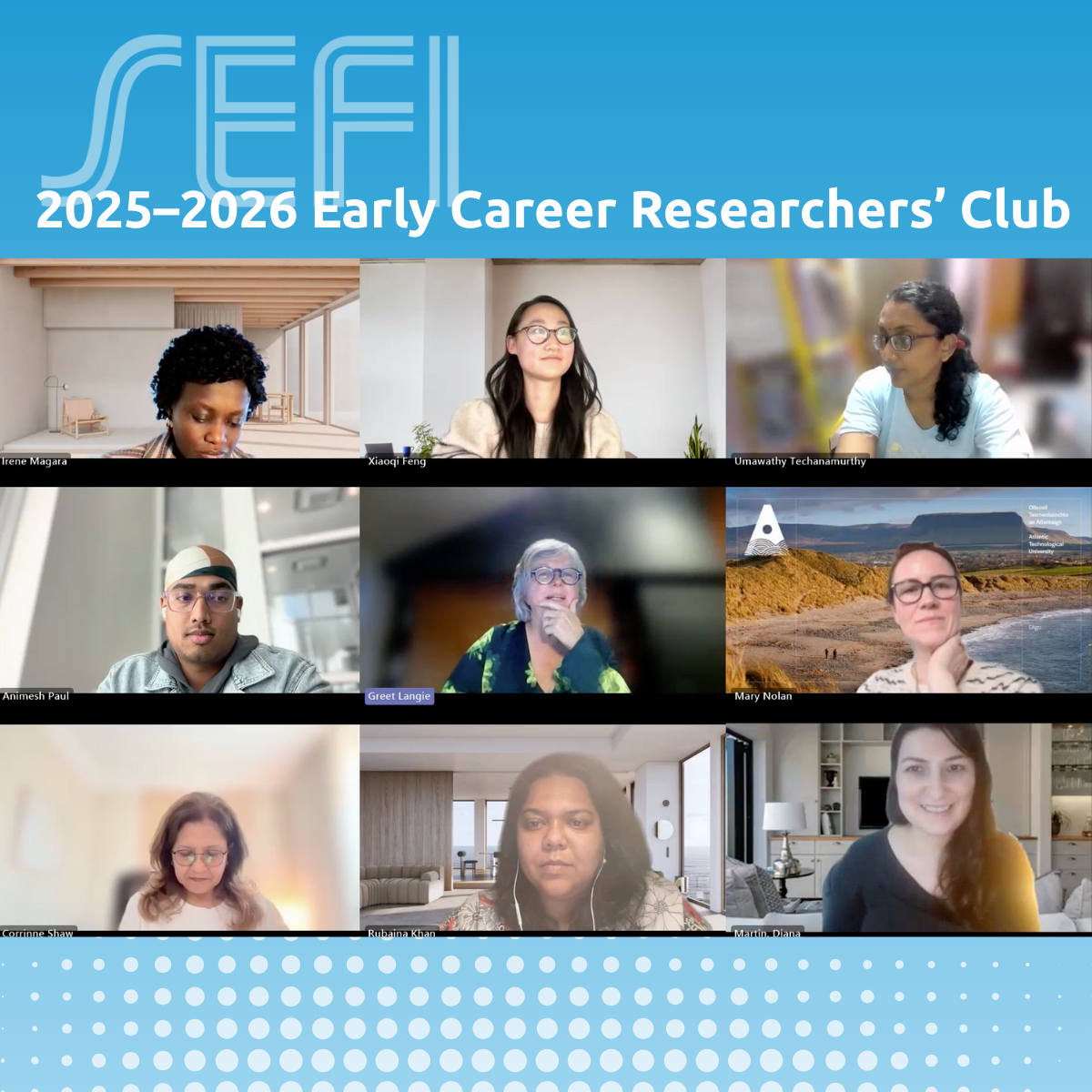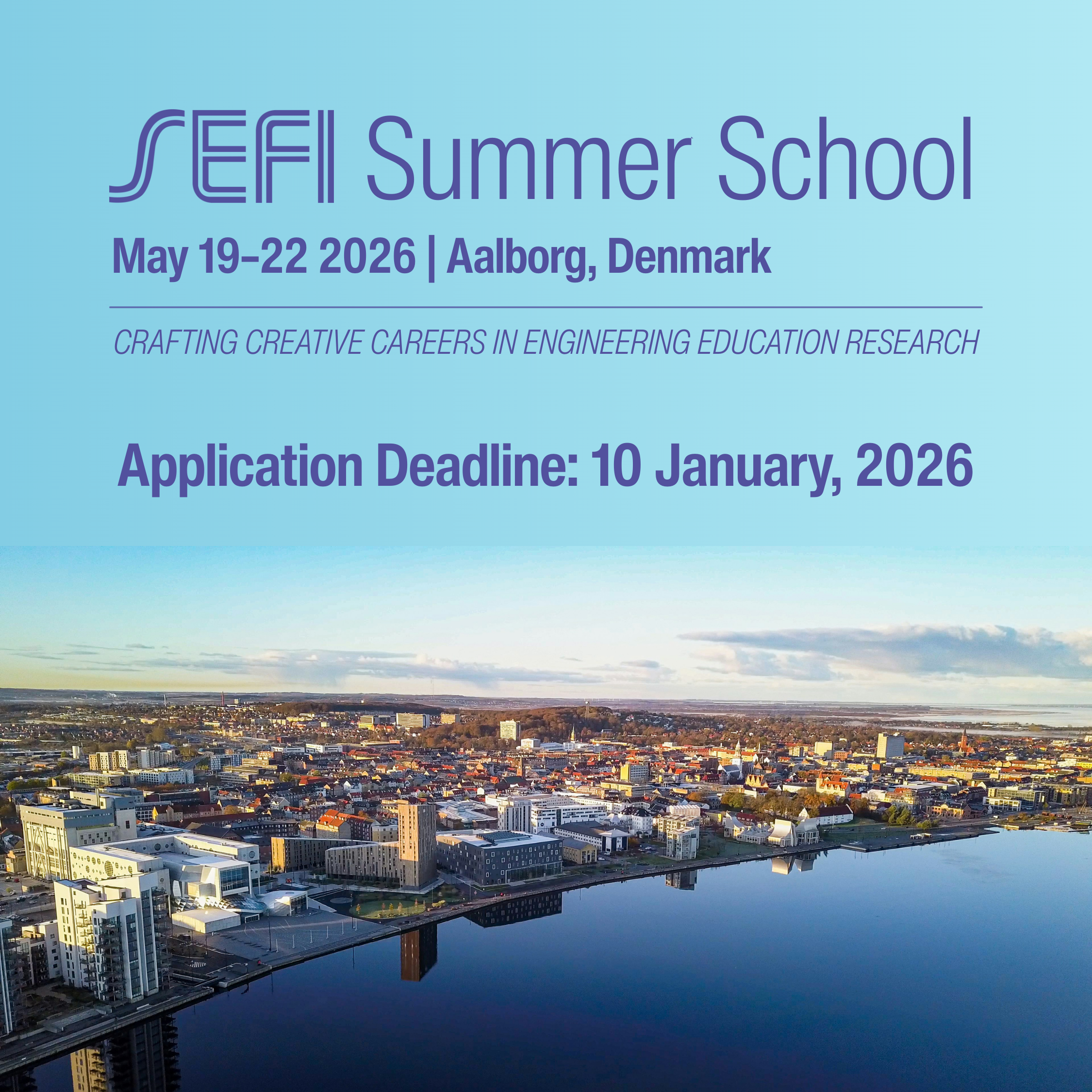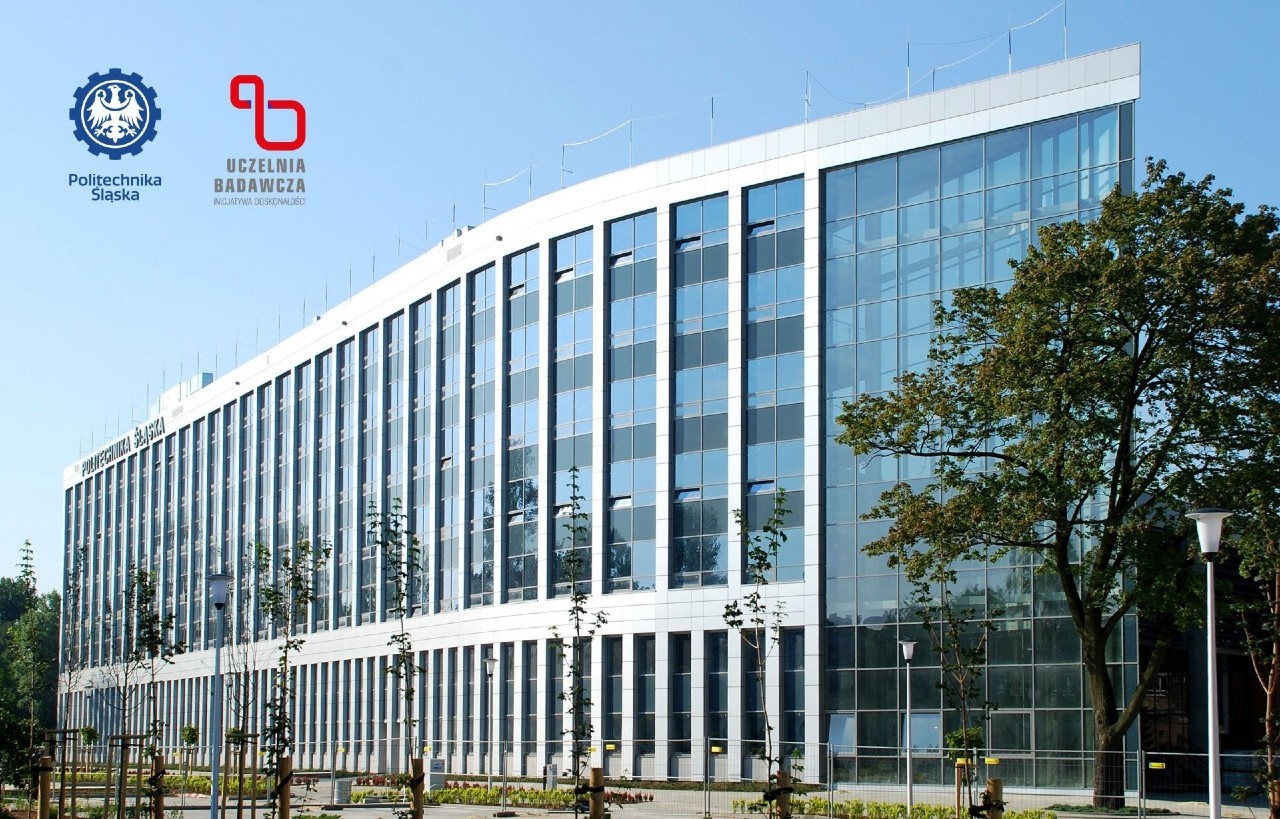The SEFI Early Career Researchers’ Club is a 9-month initiative designed to support and connect…
Report from the SEFI Conference 2023
Anna Garton, Siemens Digital Industries Software, Academic Program
The European Society for Engineering Education (SEFI)’s Annual Conference was held this year in Dublin under the theme “Sustainability in Engineering Education.” The UK’s Engineering Professors’ Council were on the spot with two key partners to deliver a fascinating workshop on the theme “How to Use New Tools to Integrate Sustainability into Engineering Teaching?”.
We were delighted to see many of the Siemens Skills for Sustainability Network members during the conference which had the strongest attendance in the history of the event. Given our partnership with the Engineering Professors Council (EPC) for the Sustainability Toolkit, we’re thrilled to bring you insights directly from the event.
How to Use New Tools to Integrate Sustainability into Engineering Teaching?
This workshop was designed to address the current situation in which we see many educators who are enthusiastic about bringing sustainability into engineering education but lack the tools or practices they need to do so effectively. The workshop therefore introduced several valuable tools and programmes designed to help engineering educators more quickly and effectively integrate the sustainability knowledge, skills, and mindsets that both students and employers are demanding and that are essential to the globally responsible practices society needs today. We heard from experts at three different organisations which are strongly engaged to make this happen.
- Dr. Sarah Jayne Hitt, Project Manager at the Engineering Professors’ Council, shared more about the EPC Sustainability Toolkit which is being developed together with Siemens and the Royal Academy of Engineering. The aim of the toolkit is to provide an essential global resource for engineering educators to ensure graduates are fully equipped to take on sustainability challenges.
- Dr. Jonathan Truslove, Education and Skills Lead at Engineers Without Borders UK, presented the Global Responsibility Reimagined Degree Map, which has been co-created with the Royal Academy of Engineering and endorsed by the Engineering Council. This tool is designed to support universities to map the changes needed to keep degrees relevant to the challenges of our age. Its mission is to ensure that the next generation of engineers is motivated and equipped to participate in the urgent transition to net zero and beyond. The Map is currently in development, with 50+ changemakers from universities across the UK currently reviewing the tool in a Systems Change Lab (running to March 2024). If you would like to support this important work, head to the Engineers Without Borders UK website to learn more and sign up to the upcoming workshops.
- Cindy Cooper, representing The Lemelson Foundation, presented the Engineering for One Planet (EOP) Framework, and two companion teaching guides, co-created by hundreds of engineering education stakeholders. This initiative aims to transform engineering education, so all engineers are equipped to design, build, and create in environmentally and socially sustainable ways.
After the workshop, we caught up with Sarah Hitt to reflect on the workshop and the response from participants to the initiatives shared …
How did the workshop go?
It was extremely positive. We had over 50 people which is a fantastic turnout and participants were so enthusiastic we could hardly get them to stop talking! Clearly, one of the benefits of a workshop like this, beyond enabling people to listen and learn, is that we get to know each other.
Why did you organise the workshop?
A recurring theme I have heard at several recent conferences is that educators are energised to incorporate sustainability into their engineering classes but lack the tools to enable turning their passion for sustainability into engineering pedagogy. Our aim with this workshop was to demonstrate what is already available and describe how it can be used through the entire educational journey, in programs both inside and outside the classroom.
What was the response from participants?
One thing that really stood out to me is the importance of collaboration in two different ways. One, as a key competence for students, as they need to learn how to collaborate – for example in interdisciplinary projects – to be able to address sustainability challenges. But also, we as professionals and educators in this field need to model that collaborative skill. We need to collaborate to be able to deliver the education our students need. Another important point is the question of ‘what approach should we take?’. Participants wanted to learn what tools are available and how to leverage them to move from where we are today to where we want to be. And indeed that was the reason why with Engineers Without Borders UK and Engineering for One Planet, we wanted to pull this workshop together as we did.
Participants’ Feedback – Where We Are Now and Where We’d Like to Be
Participants were engaged with interactive tools to gather a view on the current state of engineering education at their institutions and where they should ideally be.
Feedback from participants on where their university or institution is today…
- 11 said they were in the ‘Ad hoc’ stage defined as education without global responsibility and with practices that are not globally responsible.
- 20 said they were in the ‘Add-on’ stage defined as learning about global responsibility often as separate courses rather than integrated within existing courses.
- 9 said they were in the ‘Integrated’ stage, defined as education for global responsibility and learning to shape globally responsible practices by merging existing courses with skills and competencies often through the lens of real-life projects.
Feedback from participants on where they would like their university or institution to be…
- 21 said they would like to be in the ‘Rebuilt’ stage, in which education is taken as a global responsibility and practices are globally responsible. Here there is a restructure at the systemic level at the institution, emphasizing societal context while enabling active learning and open-ended projects.
- 17 said they would like their university or institution to be the ‘Integrated’ stage.

There is a lot of work to be done to get integrating sustainability as high on the institutional agenda as the educators present would like. As one participant put it, “sustainability is the biggest challenge we are all facing today, and engineers are at the heart of tackling these challenges, but it needs to be as important as the technical content.”
Martin Koczmann, Siemens Academic Project Manager was among workshop participants. He was impressed “first of all, with the energy and engagement of Sarah, her co-presenters, and my fellow participants. I was thrilled to be part of this extremely important dialogue”. He added “it’s critically important for Siemens to be involved and support this work, to listen and learn about the needs of educators and how we can respond and support because our software is one of the tools that students and educators can already use to learn sustainability concepts, and address sustainability challenges”. Martin finished by sharing that “I’m really proud that Siemens is supporting the Sustainability Toolkit and can’t wait to see this project progress and launch in the near future.”
The Sustainability Toolkit
The toolkit will be open source and will be connected with similar projects to create a global resource for engineering educators. Expected to launch in 2024, the Toolkit is being devised by the EPC with support and funding from Siemens and The Royal Academy of Engineering. Find out more about the toolkit and how you can get involved here!
Join Our Community and Be a Force for Change!
The Siemens Skills for Sustainability Network aims to foster the exchange of ideas, opportunities and good practise between academia and industry globally, exploring how to most effectively embed the skills that engineers need to address sustainability into the engineering curriculum. It is already a valuable community of over 300 members, representing 170 institutions in 40 countries around the world.
If not already a member, you can join the Network here and also share this invitation with colleagues. It is free to join, takes just a few minutes to complete a simple online questionnaire, and you’ll receive occasional emails with news, resources, and opportunities to share your work and get involved.


